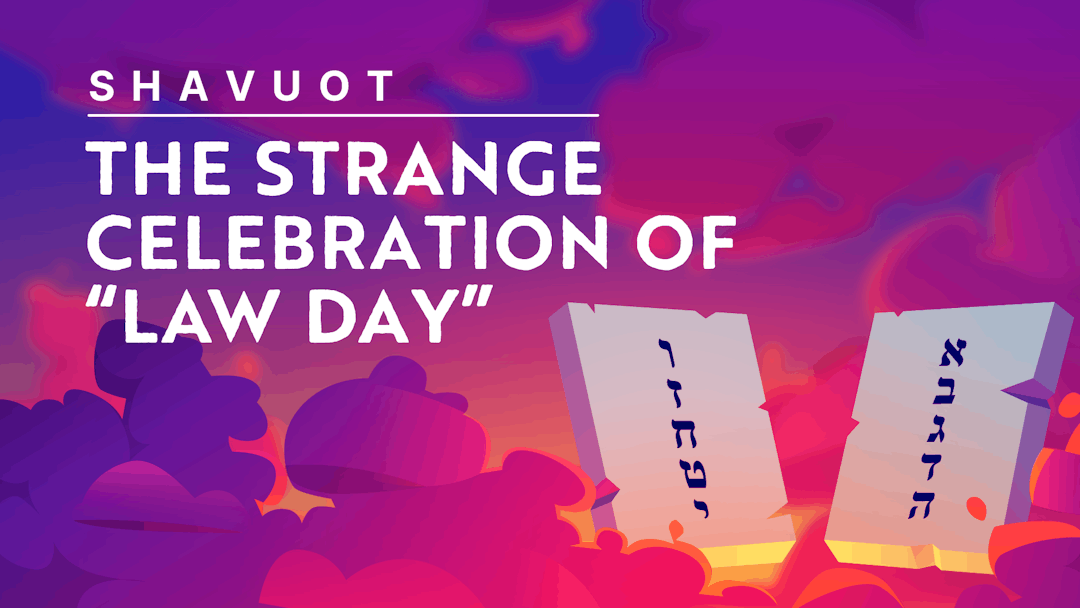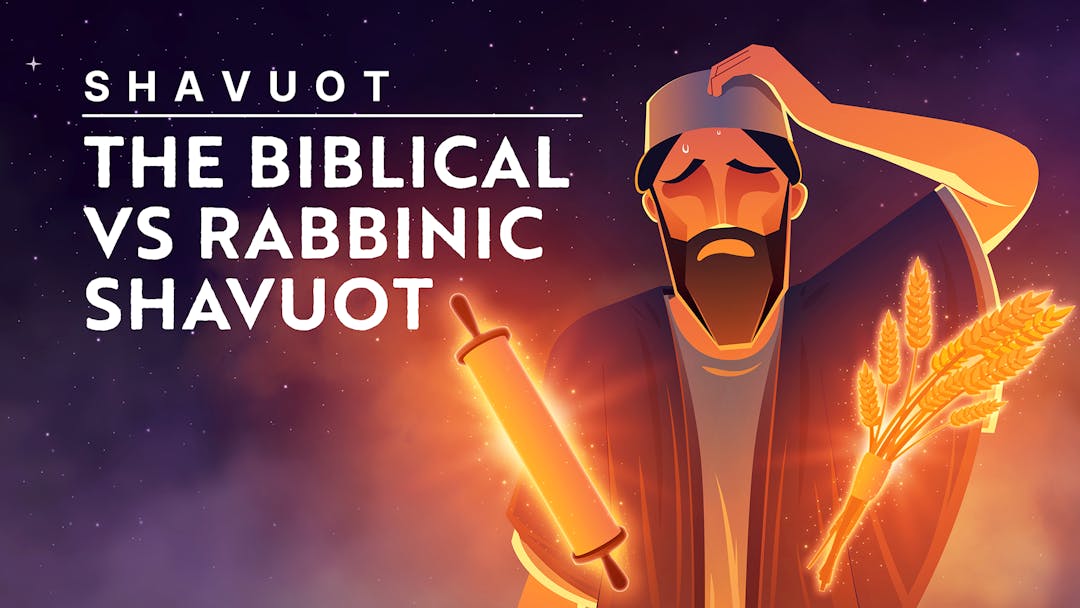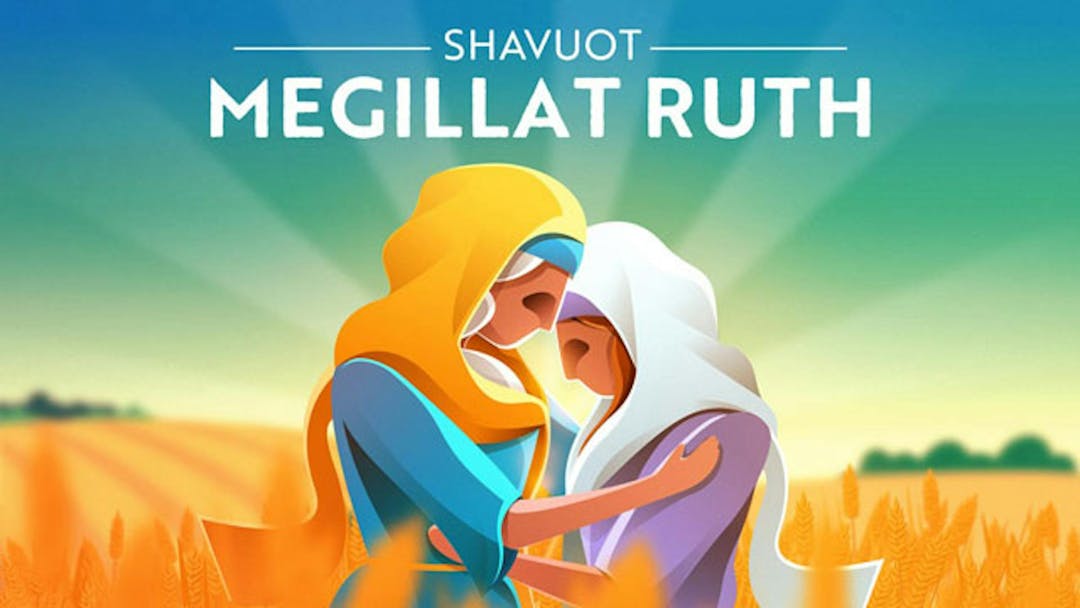Start your free trial today to unlock the full library and enjoy unlimited and uninterrupted access.
Get StartedThe Hidden Link Between Refa'einu and the Exodus (Part 1 of 9)
Sefirah, Prayer and Healing from Trauma
Refa’einu is a plea for health found in the Shemoneh Esrei prayer. As the world continues to battle COVID-19, what better text to turn to for spiritual guidance. But when you take a close look at this prayer, something remarkable emerges. Refa’einu has an unexpected connection to Sefirat HaOmer, the period on our calendar that marks the time between the Exodus from Egypt and the giving of the Torah.
Could understanding the deeper meaning of the Omer somehow help us understand Refa’einu? Could this connection help us learn to relate to God as our healer?
Join Rabbi Fohrman and Immanuel Shalev, as they take a deep dive into Refa’einu and its Torah references, to shed light on what it means to truly heal--emotionally and spiritually. In this first episode of the series, Rabbi Fohrman and Imu begin their journey by looking closely at the language of Refa’einu. It turns out, this prayer is hinting at an event from the Exodus story. But it’s not one of the obvious contenders, like the plagues, or the splitting of the sea. It’s the strange story of the bitter waters the Israelites came to shortly after entering the desert, and how God turned these waters sweet for them. What does this have to do with Refa’einu? Listen to find out.
To subscribe to Refa’einu vis RSS, copy this link and add it to your favorite podcast app: https://feeds.buzzsprout.com/1066483.rss
Want to watch the full video for free?
Enter your email and we’ll send you a link to watch the full series free.
What is Aleph Beta?
Aleph Beta is a unique kind of Torah library. Led by our founder, Rabbi David Fohrman, we are dedicated to high-level, textual Torah learning for adults that is intellectually and spiritually sophisticated, that enlivens your Jewish practice and helps you forge a deeper connection to God. Whether you’ve been learning in yeshiva for years or you’re just beginning your Torah journey, you’re sure to find something meaningful and surprising waiting for you here.
Browse our library of over 1,000 beautifully produced animated videos, podcasts, deep dive courses, and printable guides. Topics include the weekly parsha, Jewish holidays & fast days, laws & mitzvot, prayers, relationships, big philosophical ideas and more. Have something to say at the Shabbos table that will amaze your family and guests and bring deep meaning into their lives.











